|
Blogcast - listen to the audio version
|
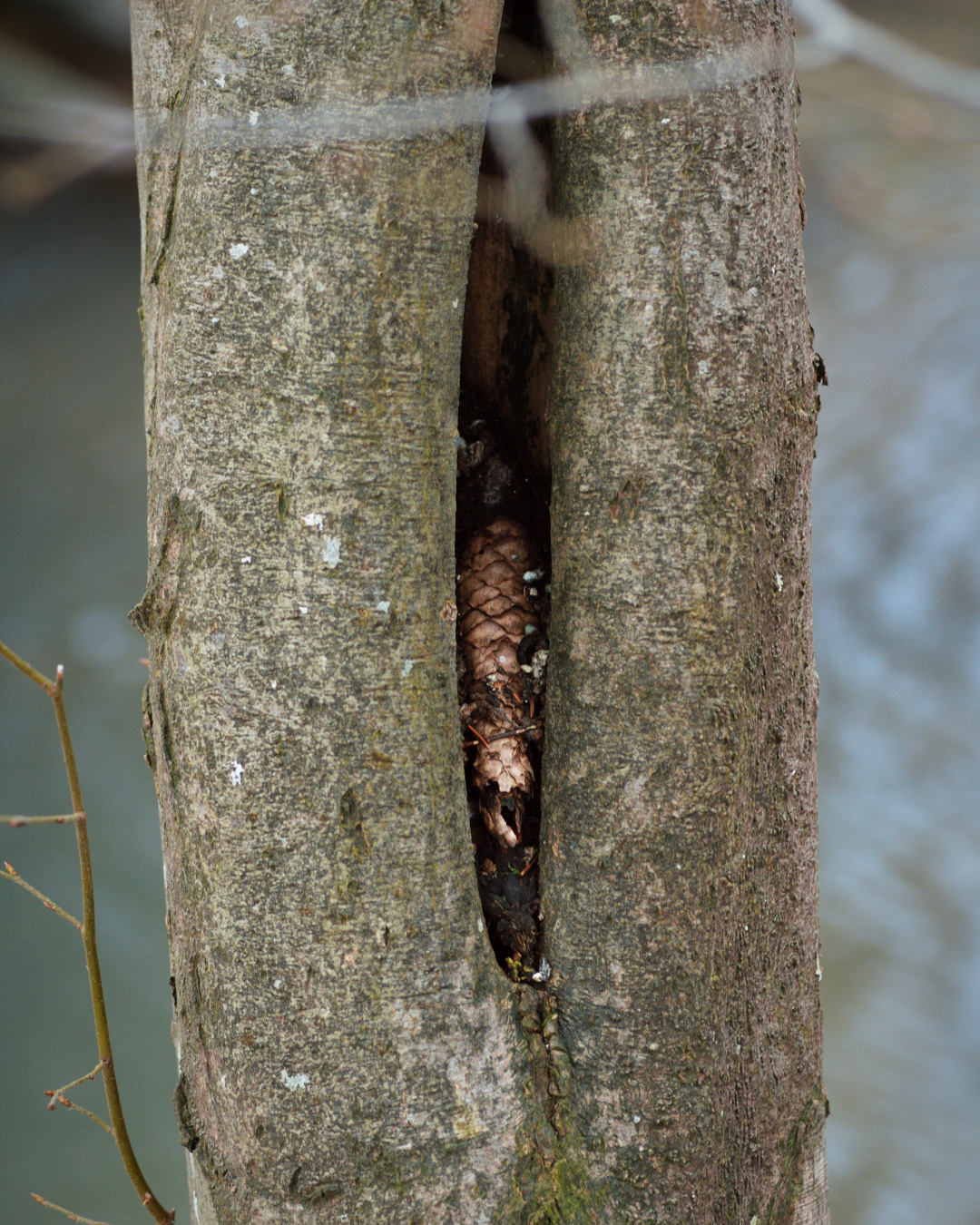
Let’s use an example that is both basic and unemotional: On one of my woodland photography trips, I came across this peculiar scenery.
How did the cone end up in this tree hole?
How would we best go about uncovering this mystery? For starters, we could check if there are any cone-bearing trees in the vicinity. Then approximate (or calculate) if it is physically possible for a cone of this weight and size to travel this distance in the right direction and land at this angle, falling from the fig tree’s height.
We could also examine the cone itself. Did it take fall damage, are there bite marks? Are there other items in this cavity a squirrel would store, like acorns or nuts? If we had other examples of squirrel stashes, we could compare them to this one. But now we’re way too focused on only those two possibilities, risking confirmation bias.
The reason for the cone’s peculiar placing could be something else entirely. Something we can’t even conceive with our current understanding of the universe. We may never know, and that is okay. We had no camera set up there to monitor the location. Even if we can’t be 100% certain, we can list all conceivable potentially possible explanations and rank them by likelihood. So we go with the most likely one.
We can also rule out demonstrably impossible explanations. Like for example, you couldn’t have done it because you didn’t visit this spot ever before. Or a fish from the river behind couldn’t accomplish such a feat due to its morphological and physiological limitations. What about aliens, using advanced technology to materialize the fir cone from other matter, or teleporting it there from somewhere else? While we cannot disprove this, the logical approach would be to dismiss it as an unfalsifiable claim.
What else could we do to determine the truth?
Once you eliminate the impossible, whatever remains, no matter how improbable, must be the truth.
Arthur Conan Doyle
While technically true, there are problems with this famous quote by the author of Sherlock Holmes. For example, there might be no way to even think of all existing possibilities or to determine whether an explanation is in fact possible or not. Instead of accepting a highly improbable explanation as the truth, we should remain neutral/unconvinced.
And if, in the end, we still have no explanation, so be it. We should be okay with saying “I don’t know”. We can remain open-minded to be convinced by adequate evidence in the future, but at the moment there just isn’t enough evidence to reach a definite conclusion.
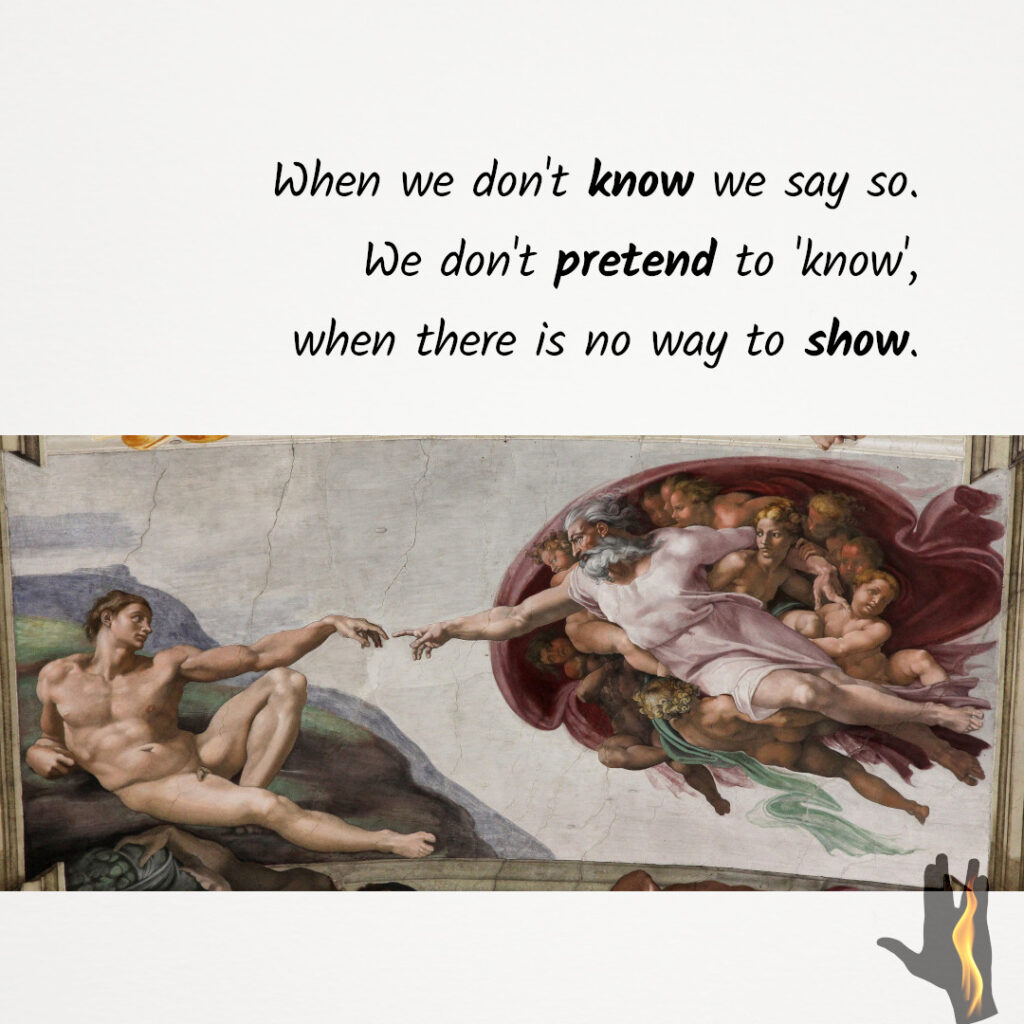
Be honest and humble about the limitations of our knowledge
I admit it can be frustrating to be in the dark. It is only human to want to know everything about our environment. To know for certain how the universe ‘began’ and what happens after we die. While we already have some understanding of many elements of our world, there still are millions of unanswered questions. Questions yet to be learned about and to be adequately answered in the future. Some of which may never be answered by apes like us with their limited brainpower, their imperfect senses, and their fallible reasoning prone to biases. And that’s okay. We should learn to accept these inevitable facts of nature.
That doesn’t mean we should stop asking questions or learn more about the world. We can both be content with the potential unanswerability of a question and at the same time try to get closer to the truth, answer it a little more accurately than before. By testing falsifiable hypotheses, and revising them once they fail. This doesn’t always mean to discard a model or theory wholesale and starting from scratch. Like Newton’s mechanics were, and still are, accurate enough under specific circumstances for hundreds of years, until Einstein’s laws of relativity were discovered.
That leads me to point out an example of bad reasoning that stands in stark contrast with the scientific method – religion. When you just believe what’s written in a 3000-year-old book, the contents of which are not subject to review or change, you inhibit your human curiosity, your urge of inquiry. When you are satisfied with the non-explanation “god did it”, advancement of knowledge stops there. This might be the ‘Truth’ to you, but has little to do with the actual truth, with facts about reality.
Read more on that in my article ‘Can You Spot Fake Facts? Down the Rabbithole on Truth and Opinion‘.
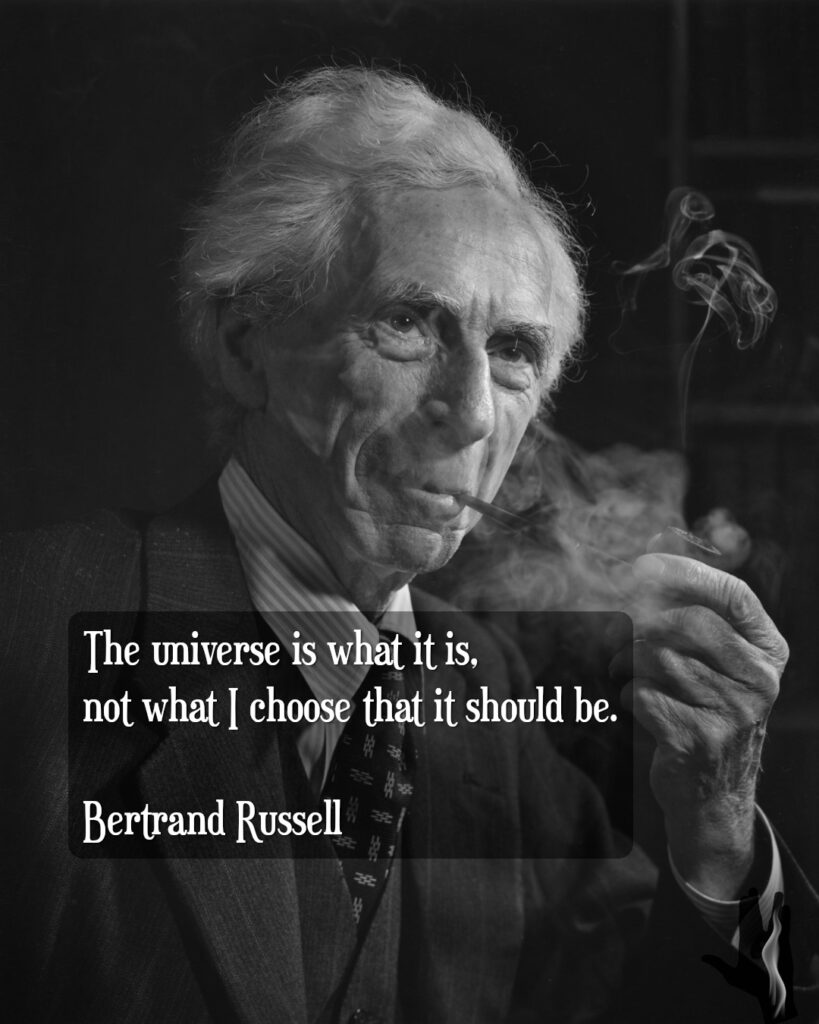



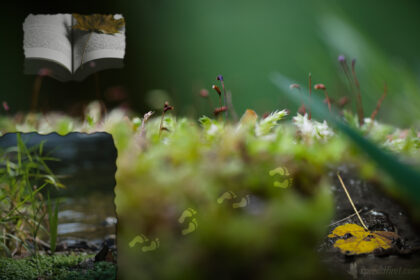
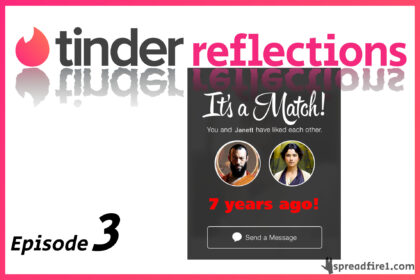
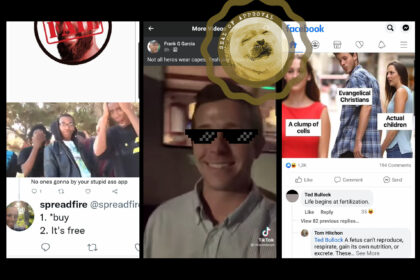

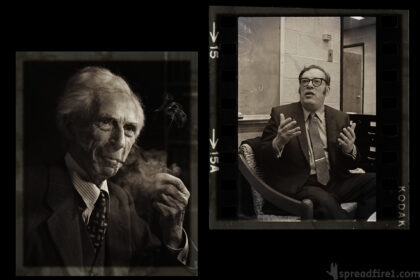
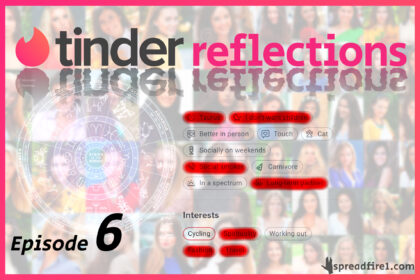

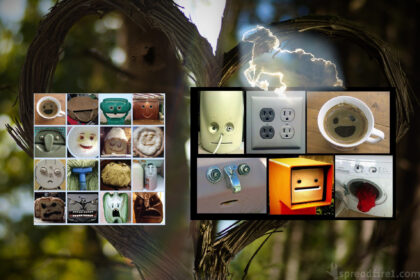
[…] Furthermore, we have to be aware of our human flaws and biases. Step two is to consciously work against them. So we end up with opinions that match reality as well as possible. More on epistemology and truth in my article How To Determine The Truth About Anything. […]